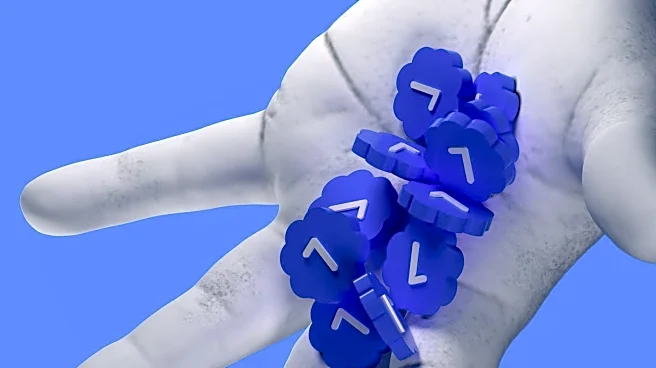What's Happening?
A new outcome prediction model has been developed for patients with unresectable hepatocellular carcinoma (u-HCC) undergoing targeted therapy. This model uses clinical markers such as AFP levels and MVI to predict overall survival (OS) and progression-free survival (PFS). The model demonstrates superior predictive accuracy compared to existing systems like BCLC and CNLC. It offers a simplified, cost-effective approach to stratifying patients based on risk levels before starting targeted therapy, reducing confounding factors and enhancing clinical applicability.
Why It's Important?
The development of this prediction model is significant for improving treatment outcomes for u-HCC patients, a group with historically poor prognoses. By utilizing easily obtainable clinical markers, the model provides a practical tool for healthcare providers, especially in regions with limited resources. This advancement could lead to more personalized treatment plans, potentially improving survival rates and quality of life for patients. The model's success highlights the importance of integrating clinical data into precision oncology.
What's Next?
Future steps include validating the model in larger, more diverse patient populations and integrating it with emerging therapies like immune checkpoint inhibitors. Prospective, multicenter studies are necessary to enhance the model's robustness and applicability. Additionally, the integration of artificial intelligence and big data analysis could further refine predictive accuracy, leading to dynamic systems that adjust predictions based on real-time patient data.
Beyond the Headlines
The ethical considerations of using predictive models in healthcare include ensuring patient consent and understanding of how their data is used. The reliance on clinical markers over genetic testing may democratize access to advanced treatment planning, but it also raises questions about the potential limitations of such models in diverse genetic populations. Long-term implications may include shifts towards more data-driven healthcare solutions and the need for ongoing validation of predictive models.









